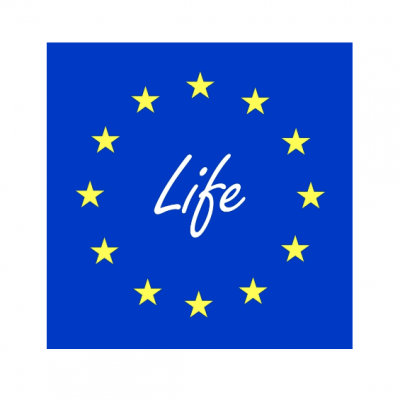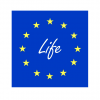
Creating the conditions for a global improvement of smart readiness of European buildings
Deadline: Jan 12, 2022
CALL EXPIRED
CALL EXPIRED
Entrepreneurship and SMEs
Energy Efficiency
Renewable Energy
Environment
IT
LIFE programme
Internet of Things (IoT)
Green Deal
Objective:
The revised Energy Performance of Buildings Directive (EPBD) together with the Delegated Act on the Smart Readiness Indicator (SRI) supplementing it as well as the Renovation Wave initiative of the European Green Deal encourages the use of ICT and smart technologies to ensure that buildings operate efficiently and that they can interact with the building occupants and with the buildings’ environment. The objectives of this topic are to contribute to:
- The successful implementation of the Smart Readiness Indicator
- The successful market up-take of the Smart Readiness Indicator
- The rollout of ICT and smart-ready technologies (e.g. BMS, smart meters, smart thermostats, sensors, Internet of Things (IoT) devices, smart e-mobility charging infrastructure) in residential, public and commercial buildings
- The protection of privacy and cybersecurity of smart buildings
- The reduction of energy consumption linked to the use of digital technologies
Scope:
Actions are expected to:
- Support the implementation of the Smart Readiness Indicator where it is endorsed as a first priority, but also of other relevant EU and national legislation, e.g. through enhancing the consideration of smart readiness aspects in building energy performance regulations e.g.
- Explore and promote more ambitious implementation paths for the SRI at national level, such as for example through mandatory requirements.
- Explore the design of smart readiness schemes both following the SRI calculation methodology and taking into consideration national specificities (e.g. applicable catalogue of smart-ready services, different types of buildings, or possible links between the SRI and energy performance certification.)
- Develop approaches for enhancing the smart readiness of buildings in specific national contexts, with a view to maximise synergies with EU regulations and initiatives.
- Explore the role, potential gaps and needs with regard to interoperability as well as cybersecurity in smart readiness of buildings; where relevant, promote and contribute to EU standards.
- Support the market up-take of smart readiness of buildings through initiatives that enhance the visibility of and trust in the SRI, for example through certification and disclosure tools, while ensuring consistency with EU and national legislation – smart readiness indicator at first.
- Explore and develop concepts for the financing of building smartness upgrades through public investment programmes, e.g. by considering the SRI in the definition of eligibility criteria alongside energy efficiency; investigate the role of public procurement.
- Develop approaches and promote the deployment of technological solution packages that combine energy efficiency measures with smartness upgrades in the construction and renovation of buildings.
- Demonstrate the market value of smart readiness of buildings, e.g. by investigating the Rate of Return of smart readiness improvements in buildings and large building portfolios; assess and develop methods to measure and disclose the benefits of smart readiness in building portfolio valuation, notably for non-residential buildings.
- Promote the use of energy-efficient communication technologies, software and protocols in smart buildings and building energy management systems; promote the use of tools to monitor energy consumption of systems and appliances in buildings.
The Commission considers that proposals requesting a contribution from the EU of up to EUR 2 million would allow the specific objectives to be addressed appropriately. Nonetheless, this does not preclude submission and selection of proposals requesting other amounts.
Expected Impact:
- More effective and more ambitious implementation of the provisions related to the SRI in national legislations
- Faster and more comprehensive up-take of the SRI in the market, including consideration of the SRI in valorisation of buildings and buildings portfolios
- Increased share of buildings with smart features, including residential buildings, through suitable financial incentives and the deployment of safe and practical technical solutions and packages
- Increased user acceptance of smart devices towards privacy, security and trust
- Improved understanding of the operation and behaviour of buildings, technical building systems and appliances
- Primary energy savings/Renewable energy generation triggered by the project (in GWh/year)
- Investments in sustainable energy triggered by the project (cumulative, in million Euro)
Public link: Only for registered users
Get Access to the 1st Network for European Cooperation
Log In
or
Create an account
to see this content
1
Up2Europe Experts
on This Call
Expert - Project Development & EU Funding Consultant in participatory processes
MY SUCCESSFUL EXPERIENCES IN COMMUNITY GRANTS


 LIFE Programme
LIFE Programme
Please Log In to See This Section